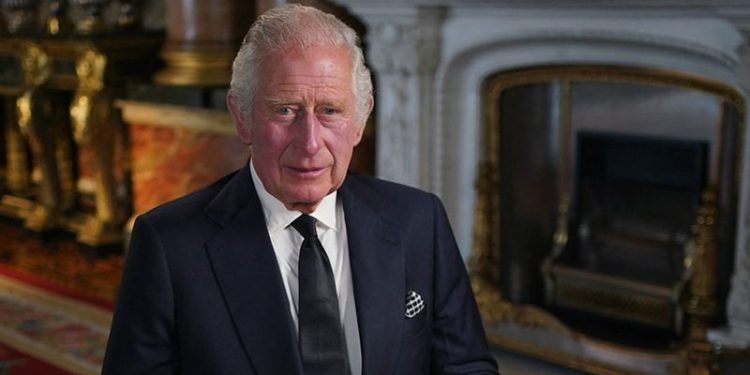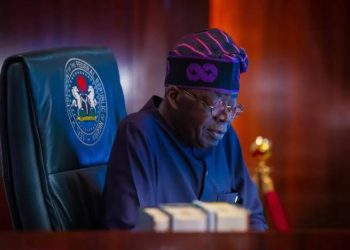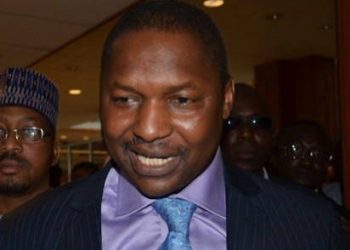House of Commons receive law giving King powers to strip Andrew of his dukedom
House of Commons receive law giving King powers to strip Andrew of his dukedom
Law
A law which would allow King Charles III to formally strip Prince Andrew of his dukedom is being introduced in the House of Commons on Wednesday.
The prince announced that he would stop using his Duke of York title to avoid distracting from the work of the royal family, but an act of parliament would be required to formally remove the dukedom.
York Central member of parliament (MP) Rachael Maskell has set out legislation which would grant Charles the power to remove titles.
The proposed new law would give the monarch the power to remove titles on his own initiative, following a recommendation of a joint committee of parliament, or at the request of the person who holds the title.
According to Maskell, “it is time for parliament to act so that it can, or the monarch can, remove titles.
“The Duke of York title may no longer be being used by its holder, but it has not been removed.
“My short bill, The Removal of Titles Bill, will fix this; I hope it can now be supported by parliament.”
The bill stands little chance of becoming law without government support and ministers have resisted calls to act, insisting such decisions are for the king.
Maskell had the Labour whip suspended in July after being a key figure in the revolt over welfare reforms.
Once the bill is published, Maskell said she will send copies of it to Buckingham Palace and to the prime minister in an effort to build support.
“My hope is that there will be discussions between the palace and parliament to determine the necessity of this and how it can be achieved,” she said.
She told the PA news agency the legislation could have wider implications beyond Prince Andrew, including allowing rogue members of the House of Lords to be stripped of their peerages.
“It’s not targeted at this event, obviously it’s triggered by this event, but it would sit on the statute to be used for any such future occasion,” she said.
“There could be reasons why parliament could wish to trigger such measures and it does include a whole range of titles.
“We’ve researched into this, it will include peerages it will include, obviously, baronets and earls and dukes and all of that and then it will be for princes and princesses as well.
“So all titles which are given, it will be able to remove.”
Maskell said the legislation could be passed very quickly if time was given to it in parliament.
“This is a neat, easy way of just tweaking the law,” she said.
The titles and honours Andrew will no longer use include his wedding day titles, Duke of York, the Earl of Inverness and Baron Killyleagh, his knighthood as a Knight Grand Cross of the Royal Victorian Order (GCVO) and his garter role as a Royal Knight Companion of the Most Noble Order of the Garter.
Legislation has been used before to strip titles, notably descendants of Queen Victoria and Prince Albert who were on the German side in the First World War.
The Titles Deprivation Act 1917 was used two years later to strip the titles from Leopold Charles, duke of Albany, Earl of Clarence and Baron Arklow
Also striped of their titles include; Ernest Augustus, duke of Cumberland and Teviotdale, earl of Armagh; Ernest Augustus, duke of Brunswick, prince of Great Britain and Ireland; and Henry, viscount taaffe of Corren and baron of Ballymote.
The law remains in force but as it refers specifically to the First World War, its provisions are unlikely to be relevant today.
A YouGov poll has suggested that four out of five Britons want Prince Andrew to be formally stripped of his dukedom.
The survey showed that 63 per cent of nearly 6,700 adults questioned were “strongly” in favour of formal removal of the dukedom and 17 per cent “somewhat” supporting the idea.
However, 6 per cent were opposed to it, while 4 per cent somewhat, 2 per cent strongly and 14 per cent did not know.





























